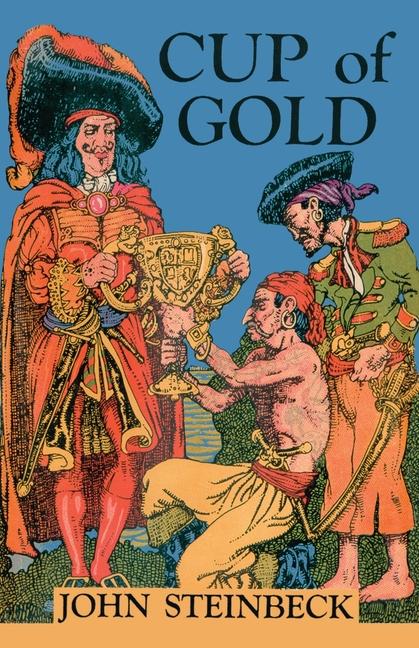
Zustellung: Fr, 01.08. - Mi, 06.08.
Versand in 2 Wochen
VersandkostenfreiBestellen & in Filiale abholen:
Notable as John Steinbeck's first novel, "Cup of Gold" stands apart from the author's later novels. The realism and keen social criticism that dominate Steinbeck's later works are absent in "Cup of Gold", which is more romantic, allegorical, and philosophical. The story is loosely based on the exploits of Henry Morgan, a 17th-century Welshman who became one of the most notorious privateers of the Caribbean. Morgan is ambitious in his quest for glory. Chief amongst his desires is to capture the legendary city of Panama and to win the love of a legendary and beautiful woman who is rumored to possess great power and is known only as the "Cup of Gold". Morgan is successful in his quest for glory, but when he achieves it, he realizes that it is not all that he has made it out to be. Through this characterization, Steinbeck shows the disillusionment that so often accompanies success and the spiritual collapse that follows the shattering of idealism.
Produktdetails
Erscheinungsdatum
25. Mai 2025
Sprache
englisch
Seitenanzahl
144
Autor/Autorin
John Steinbeck
Verlag/Hersteller
Produktart
kartoniert
Gewicht
172 g
Größe (L/B/H)
216/140/9 mm
ISBN
9781420982756
Bewertungen
0 Bewertungen
Es wurden noch keine Bewertungen abgegeben. Schreiben Sie die erste Bewertung zu "Cup of Gold" und helfen Sie damit anderen bei der Kaufentscheidung.









